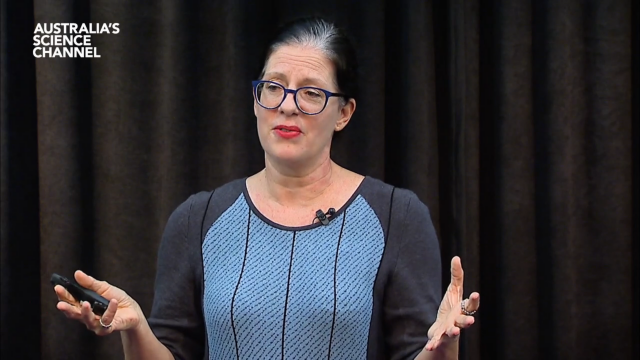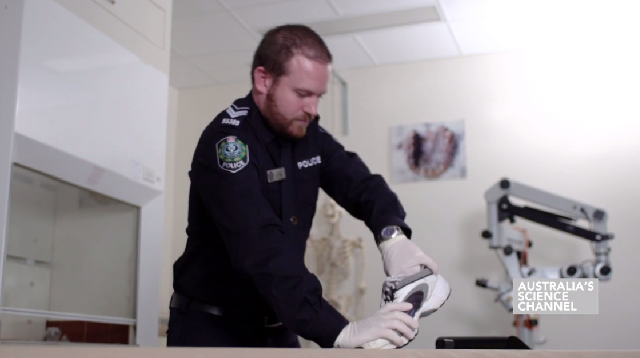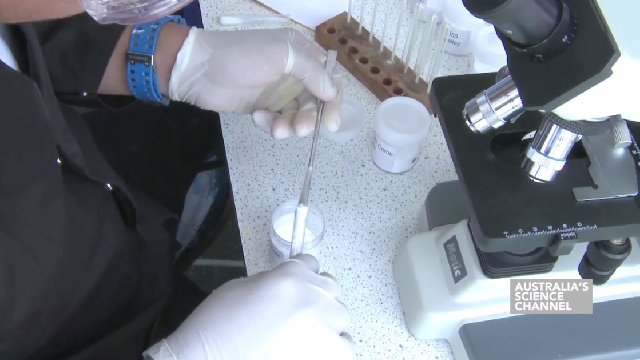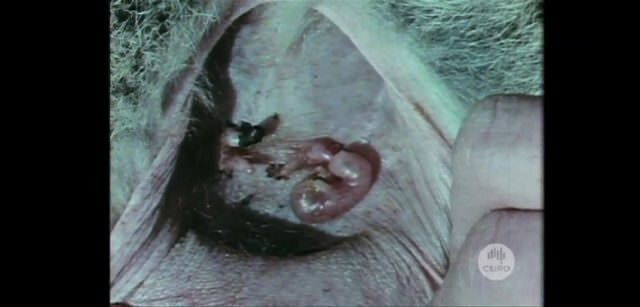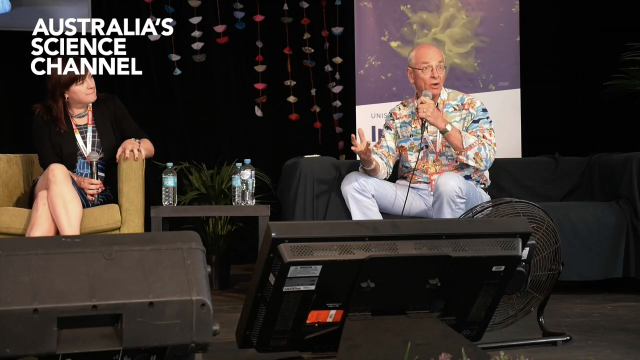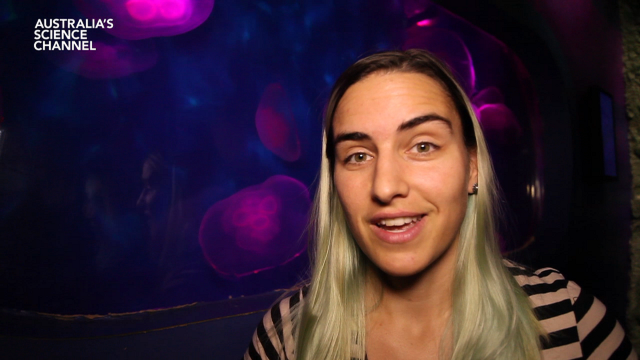Last updated December 4, 2017 at 4:51 pm
An Australian marine snail could be the new source of anti-inflammatory drugs after a study in Australia showed promise in reducing lung inflammation in mice.
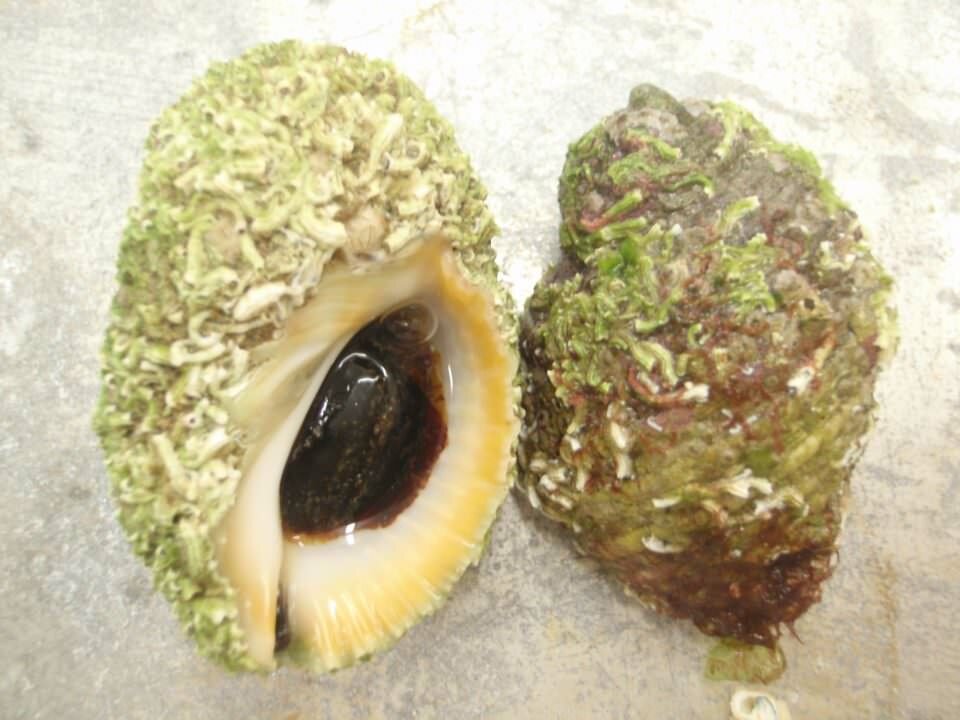
The Australian sea snail Dicathais orbita is a promising source of anti-cancer and anti-inflammatory drugs.
“The results from this study are very promising, suggesting that snail compounds such as described here can systemically ameliorate the early inflammatory response and protect lung architecture in response to an inflammatory stimulation,” one of the authors, Michael Kotiw of the University of Southern Queensland, said.
Kirsten Benkendorff, also from Southern Cross University, who supervised the research, has been investigating the promising anti-cancer activity of extracts from the Australian marine snail (Dicathais orbita) in collaboration with researchers at Flinders University.
“Inflammation is closely linked to cancer with many shared molecular pathways. Therefore many anti-cancer agents have the potential to be used to treat inflammation,” said Professor Benkendorff.
“Consequently, we initiated this new collaboration with researchers at USQ to determine if the snail compounds were an effective treatment in a live animal model of acute inflammation. The results were better than we expected.”
The research was undertaken by PhD candidate student Tarek Ahmad and is published today in PLOS ONE.
Mouse models of acute lung inflammation are a well-established means for investigating acute lung injury such as pneumonia and acute respiratory distress syndrome in humans.
“New non-steroidal drug leads for the treatment of inflammation are urgently needed,” Ahmad said.
“Marine molluscs are widely used as traditional medicines for the treatment of inflammation, but few scientific studies have been undertaken to test the efficacy of these natural medicines.
“Our study indicates the potential for developing new scientifically substantiated natural anti-inflammatory medicines from these marine snails,” Tarek said.
































































































































































































































































































